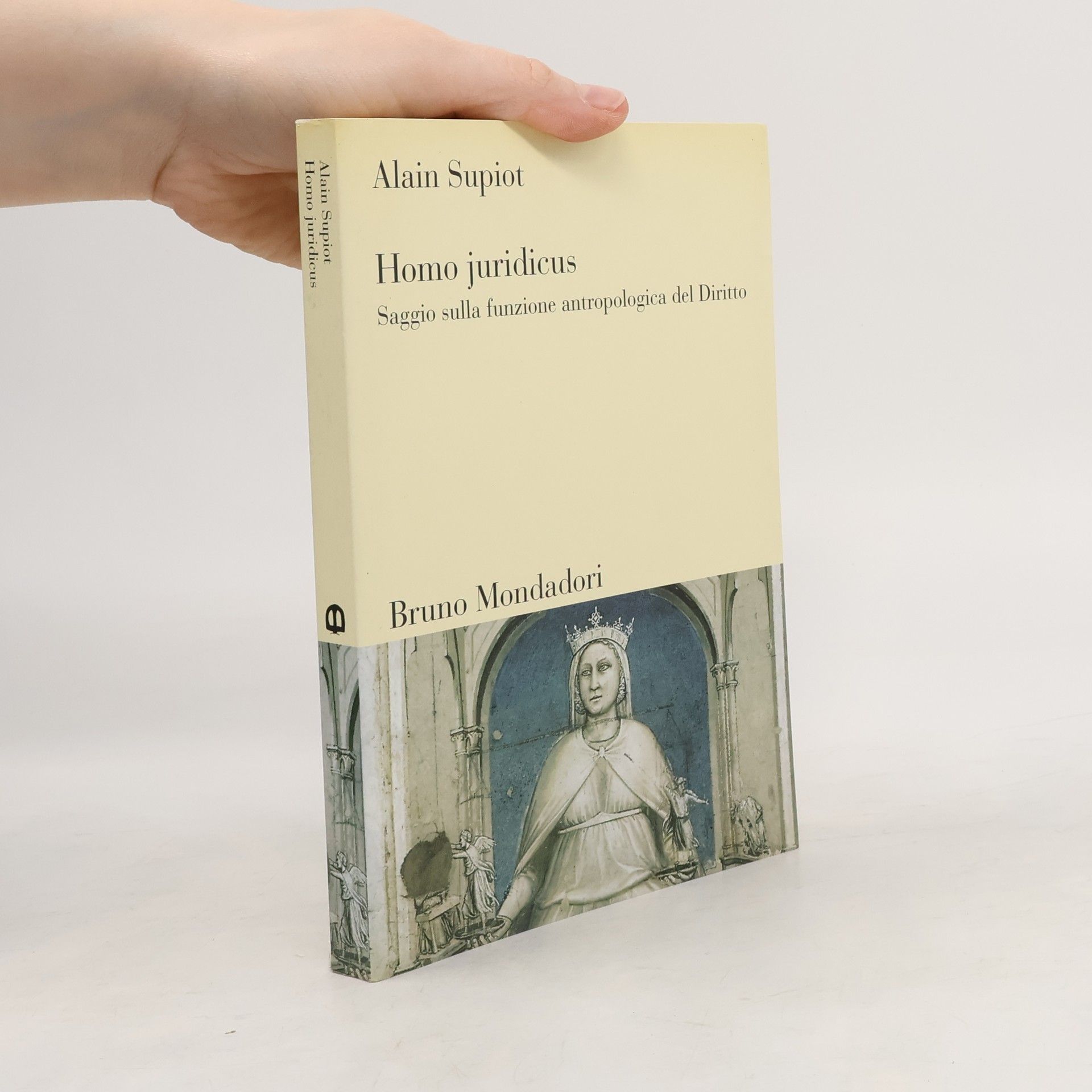In 1944, the International Labour Organization laid out its “Declaration of Philadelphia,” a full-fledged social bill of rights in the same spirit as FDR’s State of the Union address of the same year. The welfarist spirit was then at its apex—but Supiot argues that with neoliberalism still rampant, even following the economic crash, the Declaration remains an important baseline. Then as now, social ties had been compromised in favor of market values; now, as then, the law must be reorganized to uphold social values and the spirit of solidarity. Short, punchy and often rousing, The Spirit of Philadelphia describes the worldwide triumph of neoliberalism as once-communist elites turn towards market dogma and the privatization of welfare states. Arguing against the return to social Darwinism, and the bureaucratic embrace of numbers and statistics as ends, Supiot champions the social democratic spirit, hoping for its revival in the wake of the recent crash.
Alain Supiot Livres



France's most incisive jurist, Alain Supiot, critically examines the foundational beliefs of contemporary society, particularly the cults of free markets and human rights. His exploration addresses pressing issues with great erudition, making it a valuable read for those interested in the legal trajectory of advanced capitalism. While some may view Supiot's corrective as somewhat utopian, his insights into the shortcomings of current legal trends contribute meaningfully to dissenting perspectives. Supiot employs an anthropological lens to analyze the role of law in human life, skillfully avoiding the pitfalls of universalism. This approach yields a wealth of observations that underpin a rigorous reflection, well-supported by legal examples. After years of prioritizing homo economicus, the emergence of homo juridicus is a welcome development. Supiot's work underscores the anthropological function of law, reminding us that humans exist not only within the economic realm but also in a universe of signs, emphasizing our metaphysical nature.
Homo juridicus. Saggio sulla funzione antropologica del diritto
- 276pages
- 10 heures de lecture